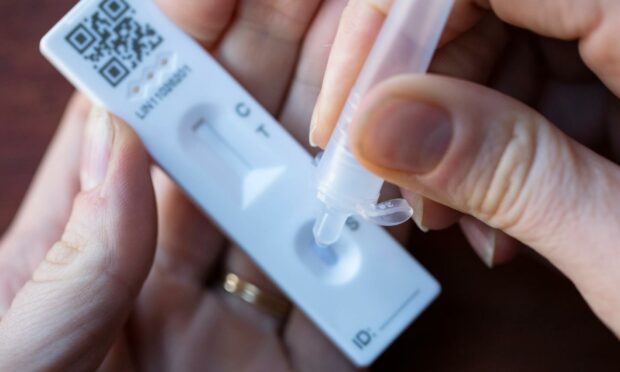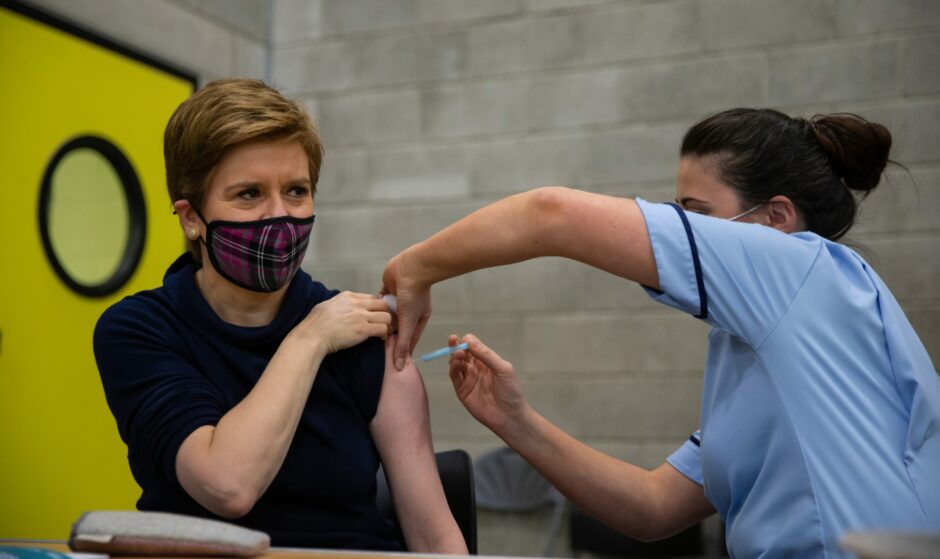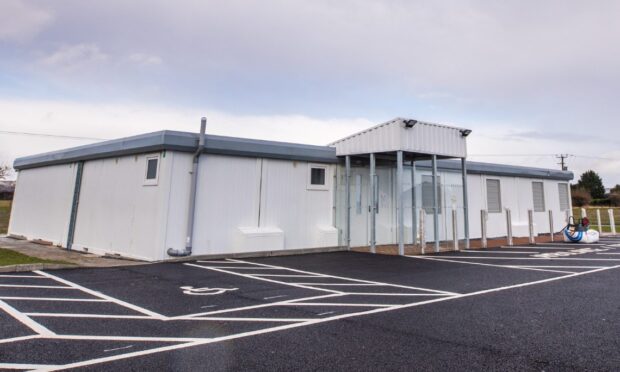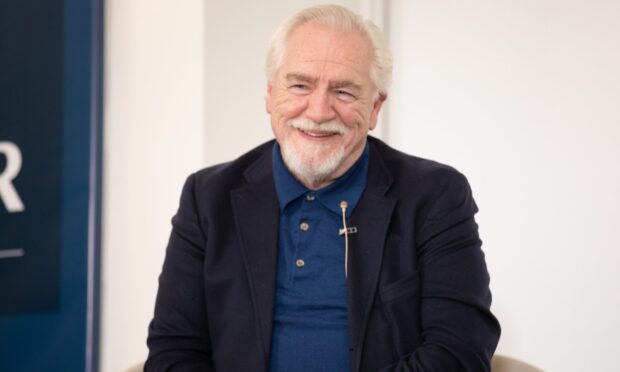More people are in Tayside’s hospitals with Covid-19 than at any point since February last year, new data shows.
A total of 1,525 new positive cases have been registered across the region in the latest 24-hour period.
They are among 17,259 new cases overall, according to the latest Scottish Government figures, following a record rise of more than 20,000 on Monday.
In Tayside, 94 people who have recently tested positive for coronavirus are being treated in hospital – a rise of 29 patients since Hogmanay and 14 since Monday.
That is the highest number of people in the region’s hospitals with the virus since February 9 2021, when there were 88 patients with Covid-19.
However, the figures do not differentiate between people who are in hospital as a result of Covid-19, and those who have tested positive following admission for another illness.
Fife has recorded a further 1,414 new cases with 80 patients who have recently tested positive in hospital, the highest number for the region since October 21 last year and a rise of 31 people since Hogmanay.
The number of people in ICU with the virus is below five in both Tayside and Fife.
The Scottish Parliament is due to meet virtually on Wednesday for an update on the pandemic, where Nicola sturgeon is expected to confirm whether Scotland will cut the self-isolation period from 10 days to seven.
There have been calls from some business leaders for the isolation period to be reduced in order to allow workers to return from quarantine more quickly.
Meanwhile those aged 12-15 are now being urged to come forward for the second dose of the coronavirus vaccine.
More than four million people in Scotland have had their second jab while more than three million have had a third dose or booster.
‘Worst of the pandemic is behind us’
Elsewhere, one of the UK’s leading vaccine scientists and the driving force behind AstraZeneca says that the worst of the Covid-19 pandemic is behind us.
Sir Andrew Pollard, Oxford University professor, chief investigator of the Oxford Covid- 19 vaccine trials and director of the Oxford Vaccine Group, helped to develop the AstraZeneca jab in 2020.
Speaking to The Telegraph a year on from the first time AstraZeneca was administered to a member of the public, Prof Pollard expressed optimism going forward – even as the Omicron variant continues to ravage the UK.
“The worst is absolutely behind us. We just need to get through the winter,” he told the newspaper.











